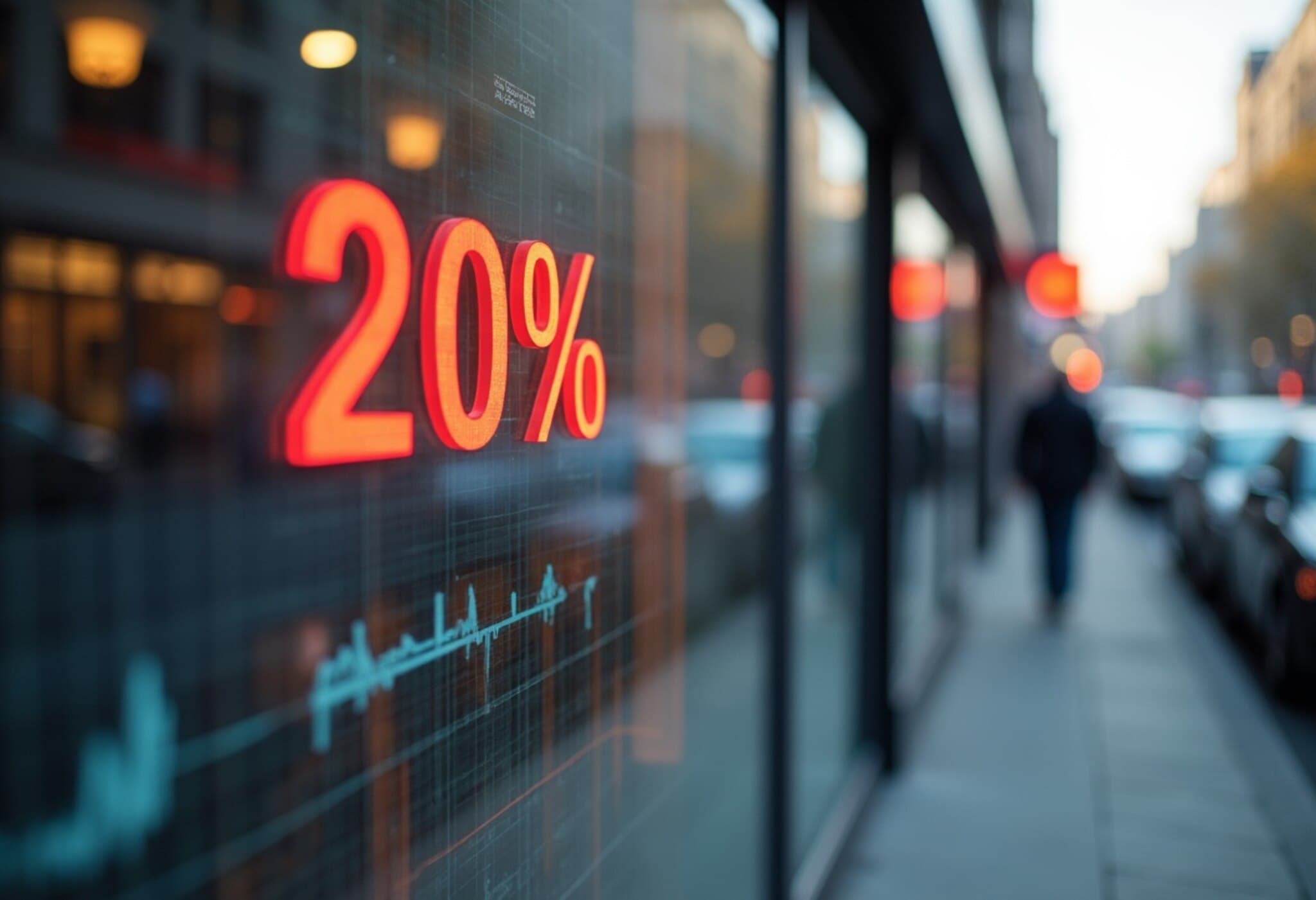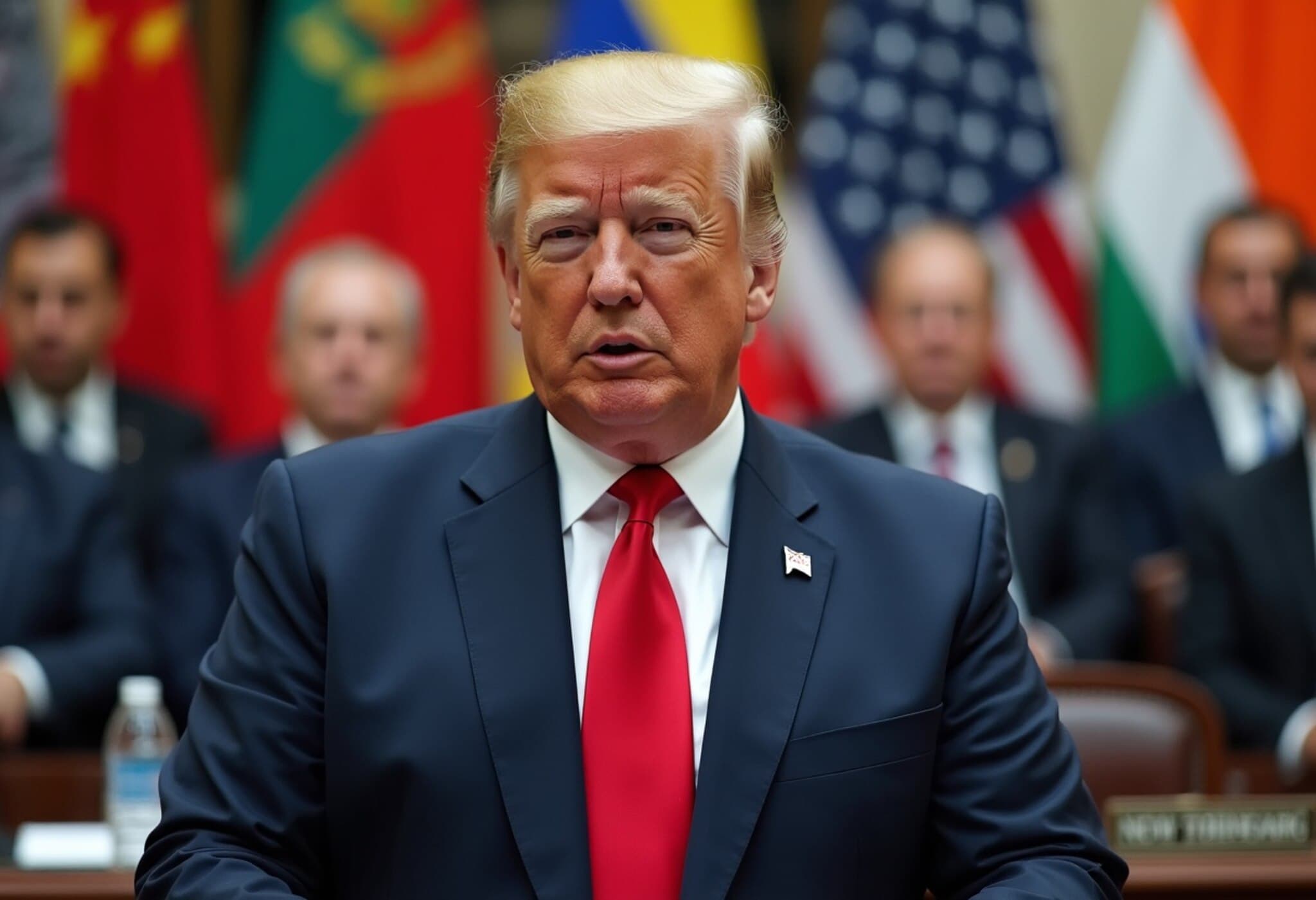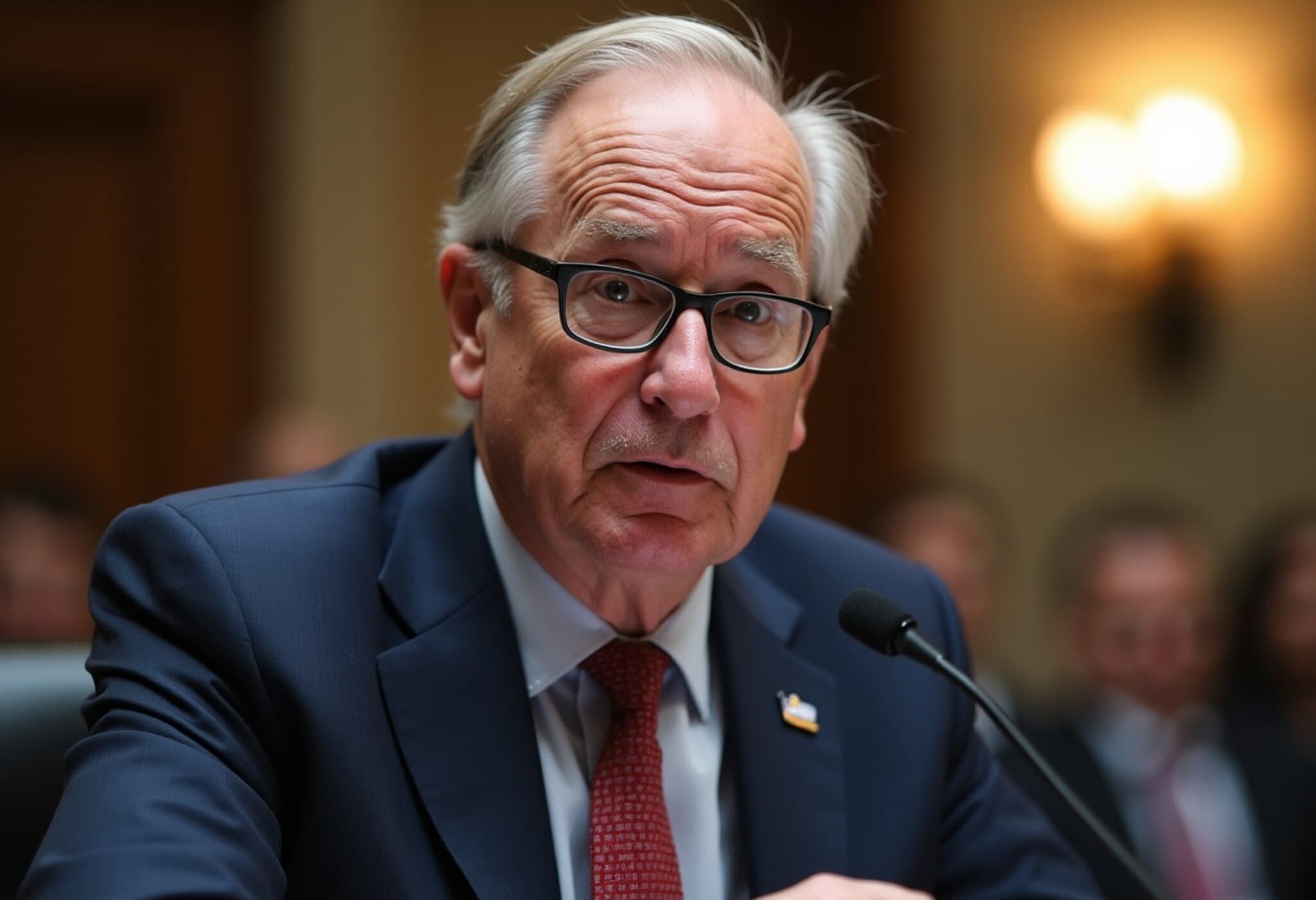Indonesia and US Forge Landmark $8 Billion Energy Partnership
In a move signaling deepening economic ties, Indonesia is poised to sign a substantial $8 billion contract with US-based engineering firm KBR Inc to develop 17 modular oil refineries. This strategic partnership aims not only to ramp up Indonesia’s energy production capacity but also to accelerate its ambitious economic growth target from 5% to 8% annually.
Decoding the Deal: What It Entails
The details emerged from a confidential briefing held by Indonesian Economic Minister Airlangga Hartarto with local business leaders, shedding light on Indonesia’s efforts to cultivate stronger industrial collaboration with the United States. This billion-dollar contract with KBR (Kellogg Brown & Root) represents a centerpiece of a broader trade agreement negotiated between the two nations.
- Modular Refineries: The 17 modular refineries to be constructed will enhance Indonesia’s refining capabilities, improving energy self-sufficiency and export potential.
- Danantara’s Role: Indonesia’s sovereign wealth fund, Danantara, which manages assets worth over $900 billion, is expected to co-sign the engineering, procurement, and construction contract, underpinning the country’s long-term growth vision.
Trade Relations Deepen Amid Tariff Reforms
This energy agreement comes on the heels of a significant tariff reduction where the US agreed to lower proposed import tariffs on Indonesian goods from 32% to 19%, making Indonesia a more competitive hub for regional industrial relocation. The trade deal projects a potential uplift in Indonesia’s GDP growth by 0.5 percentage points, a meaningful boost given the nation’s size and economic aspirations.
Additionally:
- Indonesian conglomerate Indorama is eyeing a $2 billion investment in a blue ammonia project based in Louisiana, potentially enabled through US tax credits.
- Aviation-related agreements between US firms and Indonesia could reach $14.4 billion, highlighting burgeoning aerospace cooperation.
- US companies like General Electric stand to gain from eased local content regulations, particularly in IT and healthcare sectors.
Economic and Strategic Implications
The significance of this collaboration transcends mere economic figures. Indonesia’s move to partner with US firms aligns with a strategy to foster technology transfer, create high-skilled jobs, and diversify its industrial base—critical factors for sustainable development in the face of global geopolitical shifts.
Indonesia’s energy infrastructure expansion comes at a time when energy security and sustainability are paramount worldwide. Modular refinery technology offers flexibility and quicker deployment, which can help Indonesia meet growing domestic demand while positioning itself as a regional energy player.
Expert Insight: A New Era of US-Indonesia Partnership?
Industry analysts highlight that this deal exemplifies how emerging economies like Indonesia are leveraging international partnerships to leapfrog infrastructural bottlenecks. The reduced tariffs fostered a more business-friendly environment, not just boosting trade volumes but encouraging deeper investment in innovation and production capabilities.
Moreover, the potential pipeline of $34 billion in total deals signals that sectors beyond energy—aviation, chemicals, IT—are increasingly integrated into a complex trade ecosystem, offering fertile ground for policy makers to harness industrial growth while managing trade balances.
Conclusion: Indonesia’s Strategic Pivot Toward High-Growth Partnerships
With this $8 billion refinery deal, and the promise of even larger interconnected ventures, Indonesia stands at a pivotal moment. Its collaboration with US firms heralds more than dollars—it ushers in technology transfer, job creation, and knowledge exchange that could redefine the nation’s role on the global economic stage.
Given the swiftly changing global trade landscape, Indonesia’s approach may serve as a blueprint for other emerging markets seeking to harness the twin engines of foreign investment and domestic growth.
Editor’s Note
As Indonesia embarks on this ambitious energy and trade expansion with the US, crucial questions remain: How will this influx of foreign investment shape local industries and labor markets? Can Indonesia balance rapid industrial growth with environmental and social priorities? And what role will regional geopolitics play in sustaining such partnerships? These are important considerations as this landmark deal unfolds.











